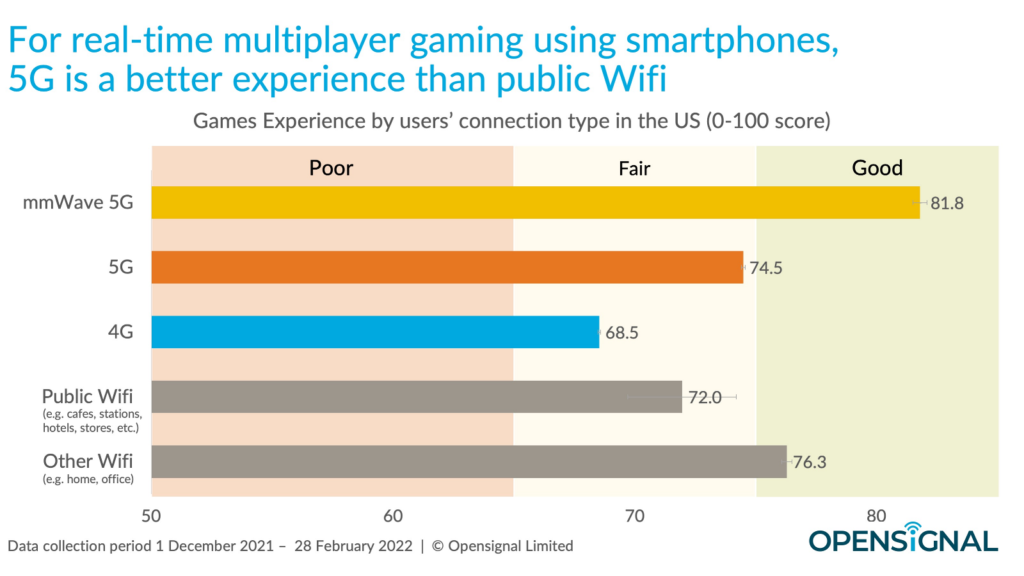An innovative approach to maintaining stability in quantum communication networks has been proposed by researchers. The network, which relies on links between qubits for communication, faces disruptions with each communication event depleting these links. To address this issue, the researchers suggest continuously rebuilding connections in the dynamic quantum network to ensure its smooth operation.
The study reveals that adding an optimal number of connections is crucial for network functionality. Excessive connections prove to be costly, while insufficient connections result in a fragmented network. By determining the right balance, the network can effectively support super-fast computing and secure communications.
Unlike traditional communication systems, quantum networks leverage quantum entanglement to enable secure and complex communication tasks. However, the challenge lies in the limited usability of links after each communication event.
To overcome this limitation, researchers introduced a model where a fixed number of connections are added after every communication event to maintain network connectivity. This proactive approach ensures that the network remains intact despite the constant changes and uncertainties in the quantum realm.
By incorporating a specific number of links based on the number of users, the researchers aim to design resilient quantum networks capable of adapting to failures. This strategy involves automatically replenishing lost connections to sustain network integrity.
Kovács explains that the quantum internet has the potential to surpass the reliability of the classical internet, paving the way for enhanced communication capabilities.
Journal Reference:
- Xiangyi Meng, Bingjie Hao, Balázs Ráth, and István A. Kovács. Path Percolation in Quantum Communication Networks. Physical Review Letters. DOI: 10.1103/PhysRevLett.134.030803



